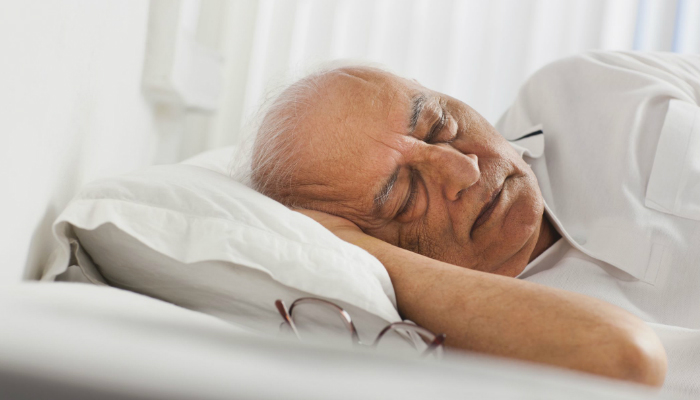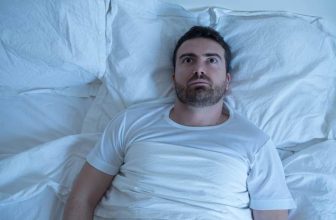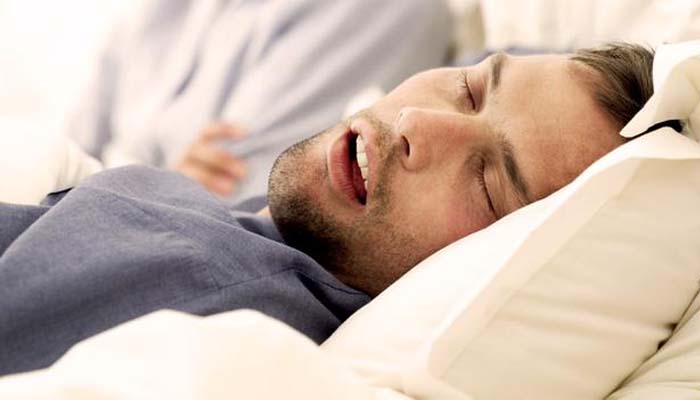
Sleep and Senior Health – 5 Common Sleep Disorders in Seniors and Tips for Sound Sleep
Sleep happens to be one of the crucial factors in maintaining the health of seniors. Contrary to popular belief, elders don’t need lesser sleep than their younger counterparts. Rather, they need the same amount of sleep as other adults, that is, seven to nine hours per day. However, it is usually observed that the older generation go to bed early and wake up early.
Seniors frequently face sleeping issues and tend to sleep less at night. This could be due to a variety of underlying causes including sickness, pain and side-effects of medications. But it causes detrimental effects on their health as they are likely to become irritable, depressed, lethargic, forgetful and more prone to falls and accidents the next day.
Some common reasons for bad sleep in seniors are:
- Changing sleeping patterns due to age-related physical and emotional changes in the body
- Menopause-related issues
- An increased sedentary lifestyle with minimal or nil activity
- Side-effects of prescription medications
- Prevalence of chronic health problems like diabetes, cardiovascular diseases and being overweight
- Feelings of loneliness and grief
- Stress caused by anxiety, depression and financial problems
5 Common Sleep Disorders in Seniors
1. Insomnia:
Insomnia refers to difficulty in falling asleep, having disturbances in continuous sleep or feeling tired and unenergetic the next day after poor sleeping. It may be attributed to variations in the sleep architecture or age-related conditions including Parkinson’s disease, dementia, respiratory problems, cancer, heart failures and gastrointestinal issues. It is treated with Cognitive Behaviour Therapy (CBT), alternative relaxation techniques, lifestyle changes and medications.
2. Sleep Apnea:
This problem refers to the temporary loss of breathing during sleep. This may occur several times at night. This problem needs medical intervention as negligence can result in serious consequences like stroke, loss of memory or rise in blood pressure. Doctors usually recommend Continuous Positive Airway Pressure (CPAP) therapy for treating sleep apnea.
3. Restless Leg Syndrome (RLS):
Elders suffering from RLS experience a tingling, crawling or poking sensation in one or more of the legs. This feeling is more pronounced at night. It is treated by adjusting the iron levels in the blood that are usually deficient in seniors and incorporating behavioural changes for improving sleep.
4. Periodic Limb Movement Disorder (PLMD):
This disorder causes people to kick or jerk their legs at frequent intervals (20 to 40 seconds). It can be treated with medication, exercise, relaxation techniques and warm baths.
5. REM sleep Behaviour Disorder (RBD):
Individuals suffering from RBD physically enact their dreams while sleeping, resulting in falls from beds and self-injuries. It is treated with medications and by taking precautions for creating a safe sleeping environment.
Tips for Better Sleep
- Decrease stress and anxiety levels
- Follow consistent sleeping routines and schedule every day
- Consume healthy and balanced diets that include proteins during the day
- Eat light and easily digestible foods at night
- Ensure sufficient exercise and do both physical and social activities during the daytime
- Restrict napping during the day
- Expose yourself to natural sunlight for short durations during the day to restore Vitamin D levels. Elders living in colder places can take Vitamin D supplements.
- Avoid usage of electronic devices at evening and night
- Maintain a conducive atmosphere for sleep by keeping the bedroom cool, dark and quiet. Remove all visual and audio distractions that hinder sleep.
- Limit consumption of fluids at night
- Minimize the risk of falls in the room by removing area rugs and mats that may make you trip
- Take a warm water bath or shower before sleeping
- Practice soothing bedtime routines as reading or listening to soft and pleasant music
- Don’t smoke and drink alcohol at night
- Retain calmness and peace during night-time awakenings
- Consult the doctor if you face sleeping problems
- Stay away from caffeine products in the latter part of the day
- Use dim and comfortable lightings in the evenings
Benefits of Sound Sleep for Seniors
- Better alertness during sleeping hours
- Promotes healing and repair of damaged body cells
- Decreased usage of medicines
- Increased memory span, attention,concentration and productivity by rejuvenating functioning of brain cells
- Higher levels of body immunity and resistance
- Lowered levels of stress and anxiety
- Reduces symptoms of isolation and depression
- Improved metabolism and appetite
- Happier and satisfying lifestyle
- Lesser probability of trips, falls and injuries
- Enhanced heart health
- Minimizes risk of diabetes, stroke, high blood pressure and kidney disease
- Helps to maintain healthy body weight and control obesity
- Regulates hormone levels in the body
- Prevents cell damage and inflammation of organs
- Positively impacts emotions and social interactions
Thus, seniors are recommended to have sound sleep daily. This helps in maintaining their health by ensuring proper brain functioning, emotional balance, physical health, daytime performance and personal safety for happier and hassle-free aging. Senior living spaces can prove helpful in providing reliable care and ample scope for activities. Such spaces, including assisted living centres have enabled better lifestyle for seniors, thus, contributing to better sleep of seniors.



